Russia Today
Thousands of supporters and opponents of Egyptian President Mohamed Morsi battled for control of Cairo’s Tahrir Square, the epicenter of the recent revolution. Over one hundred protesters are reported injured in the violence.
Supporters and opponents of Egyptian President Mohamed Morsi fought for control of Cairo’s Tahrir Square, the epicenter of the recent revolution.
Protesters hurled rocks and bottles at each other, fists flew and gunshots were heard during the melee in downtown Cairo on Friday. The ongoing conflict is the first major street fight between liberals and Islamists since Morsi's election in June.
Bel Trew, a Cairo-based journalist, told RT about the chaotic scene unfolding on Tahrir, saying she had “personally witnessed rock throwing, several very heavy head injuries, Molotov [cocktail] throwing; we have heard gunshots, though I can’t confirm that myself as I wasn’t able to see.”
She also said there were small fires by a museum adjacent to the square caused by petrol bombs and fireworks. Trew believes the violence is unlikely to end soon, as “there has been no police presence whatsoever, even though in Morsi’s 100-day plan, he did say that he would up security in the country and reassure people that they wouldn’t see scenes like this.”
The Health Ministry said 110 people had sustained light to moderate injuries, state media reported.
Mounira Public Hospital chief Muhammad Shawky said earlier in the afternoon that his hospital had received at least ten injured protesters, the Egypt Independent reports. One man was hospitalized after receiving a serious eye injury, while nine others were treated for minor wounds and later released. Since then, the number reported injured has continued to increase without any signs of abating.
Eyewitnesses said many of the injured had been pelted with rocks.
| Egyptian protesters hold a national flag as they walk past a burning bus during clashes in Cairo on October 12, 2012 |
Some 2,000 people poured onto the square on Friday after tensions erupted between pro- and anti-Morsi forces when a court acquitted Mubarak-era officials accused of ordering camels to charge against protesters during last year’s uprising.
The February 2011 incident, known as the "Camel Battle," left nearly a dozen people dead. It was one of the bloodiest incidents in the 2011 revolution that toppled the Mubarak regime.
The so-called "Judgement Day” protest on the square had originally been organized by left-leaning activists hoping to draw attention to their disaffection with President Morsi and the Constituent Assembly. Islamists arrived to protest the contentious "Camel Battle" ruling, which saw 25 figures in the Mubarak regime set free.
While all sides to the conflict were united in their opposition to the acquittal, long simmering tensions between the rival parties quickly spilled over.
The coalition of liberals and secular-minded groups was particularly concerned with Islamist control of the body drafting the country's new constitution.
Fighting commenced after Muslim Brotherhood supporters tore down a podium belonging to a group chanting anti-Morsi slogans, AFP reported.
“Down, down with rule by the guide,” Morsi's detractors chanted in reference to Mohammed Badie, the leader of the Muslim Brotherhood. Morsi officially resigned from the Brotherhood upon assuming office, but his opponents believe that he maintains control over the president.
| Egyptians inspect a burnt bus which was set on fire during clashes on Tahrir square in Cairo on October 12, 2012 |
On Friday Morsi was in Egypt's second largest city, Alexandria, where he vowed that the former regime's figures would be held accountable in spite of Wednesday's ruling.
Morsi moved to dismiss the country's prosecutor general – a Mubarak appointee – following the controversial verdict. The prosecutor, Abdel-Maguid Mahmoud refused to resign and accept an offer to be Egypt's envoy to the Vatican.



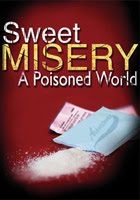



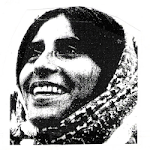


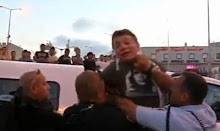









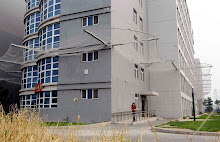



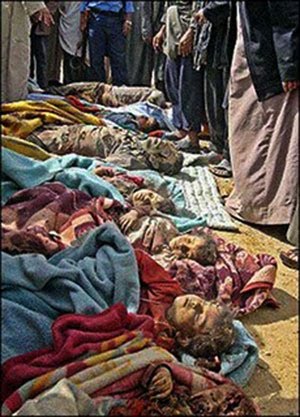





No comments:
Post a Comment